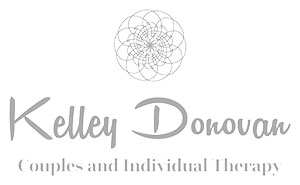Anxiety Disorder and Depression Therapy / Counseling
People so often come to therapy struggling with both anxiety and depression. Sometimes suffering from intense anxiety for a long time can lead to depression and sometimes people struggle with both at the same time.
Anxiety serves a useful function: it prepares us for action and protects us from harm, letting us know we need to be vigilant about our safety or the safety of those we love. Sometimes, though, anxiety becomes excessive and overwhelming, causing us extreme discomfort and interfering with everyday life. Anxiety is fear that sticks around.
Anxiety can be a messenger to us, that something isn’t right in our lives. Sometimes anxiety is an indicator we’re not living true to ourselves, that we’re not taking care of ourselves. Research has shown therapy to be highly successful in the treatment of anxiety and anxiety disorders.
Some disorders that can result from anxiety are:
Generalized Anxiety Disorder
Panic attacks/Panic Disorder
Specific Phobias
Social Anxiety
Obsessive Compulsive Disorder
How do you know when anxiety has become a problem?
Ruminating excessively (going over and over your worries in your head)
Spacing out, not able to be present
Feeling on-edge, keyed up
Experiencing irrational fears and irrational thoughts
Avoiding everyday situations that cause anxiety
Experiencing irritability, edginess, muscle tension
Experiencing panic attacks
I help you get to what underlies and fuels your anxiety and explore what might be out of your awareness. In addition, I use a mix of cognitive behavioral therapies and mindfulness.
Depression
Everyone feels sad or blue at times, often for a day or two. However, if feeling sad is interfering with your responsibilities and relationships you might be suffering from depression. Studies show most people get better with treatment.
The origin of depression varies: some people are genetically prone to mood disorders, but some research has shown that unrelenting anxiety can lead to depression. More often life situations contribute.
Signs of depression
Sadness, tearfulness, and/or irritability
Difficulty feeling pleasure
Weight loss or gain or appetite change
Sleeping too much or too little
Fatigue and loss of energy
Feeling worthless
Feeling inappropriate guilt
Difficulty thinking or concentrating
Indecisiveness
Recurrent thoughts of death
Recurring suicidal ideation or a plan or attempt for committing suicide
